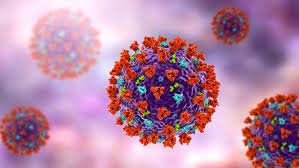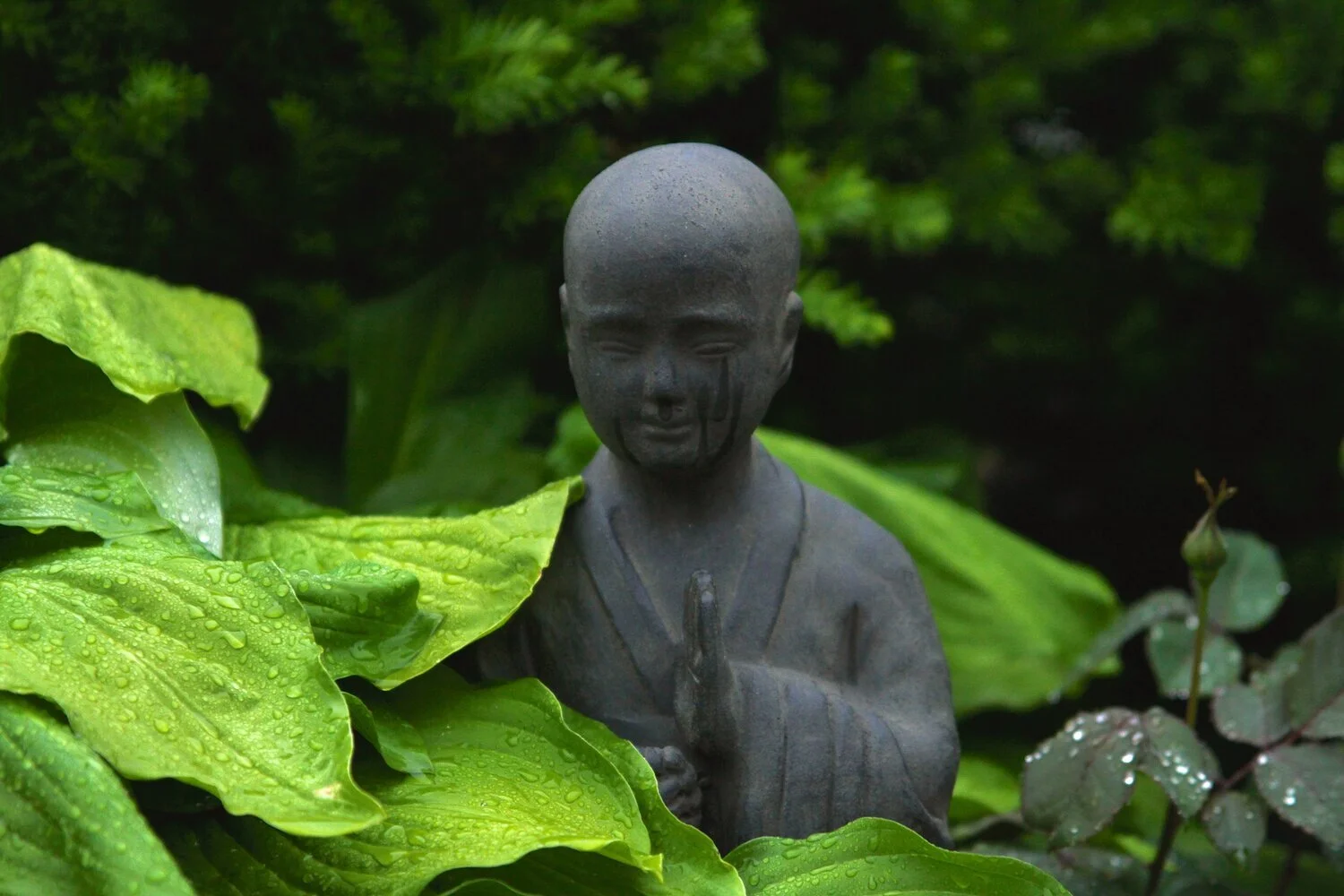Why do I have pain since using Spironolactone?
Here in Los Angeles I treat a lot of adult patients taking Spironolactone for acne. None of them suspect that this commonly used medication is the reason behind their need to come and see me.
The Signs and Symptoms I See and Treat After Covid Waves
Now that we are 4 years into the pandemic, I have noticed some patterns that come along with each Covid wave. After the acute infection, there are other lingering signs and symptoms easily treated with acupuncture and herbal medicine.
Here is my list:
A Guide to Joy and Ease in Your Postpartum Phase
“I was hanging by a thread, and then I fell.” —A real live patient describing her last postpartum experience
“I didn’t even realize I was depressed until 5 months went by and I looked back. I remember sitting in the dark, alone, scared to move because I didn’t want my baby to wake up and start crying again.” —Another real life postpartum experience described to me by a loved one.
Why Chronic Leakage of Breast Milk is Debilitating
I remember my midwives saying that there is no such thing as oversupply. At the time, that made sense to me, but if I had known then what I know now, I could have saved myself years of feeling unwell and likely have prevented a few miscarriages.
What do you do when doctors don’t know what’s wrong with you?
You may have consulted countless doctors, sometimes getting a diagnosis and sometimes not.
Why Did My Acupuncture Treatment Make Me Cry?
There are sections of our bodies that become stuck by strong emotion.








